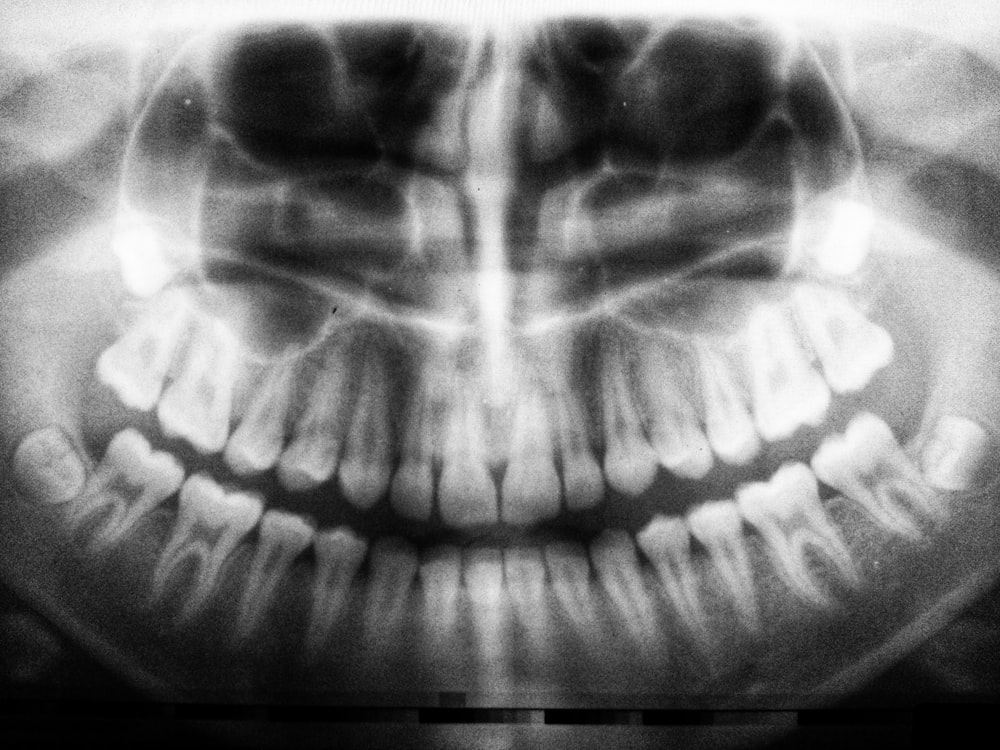
Unlocking Migraine Relief: A Deep Dive into Essential Dietary Considerations
Migraines, characterized by severe headaches often accompanied by nausea and sensitivity to light, can significantly impact daily life. While various factors contribute to migraines, dietary considerations play a crucial role in managing and preventing these debilitating headaches. Let’s explore key dietary strategies for migraine relief.
Identifying Trigger Foods: A Personalized Approach to Migraine Management
Migraine triggers vary from person to person, and one effective approach is identifying trigger foods through a personalized elimination diet. Common triggers include certain types of cheeses, chocolate, caffeine, and processed meats. Keeping a detailed food diary and gradually eliminating potential triggers can help pinpoint specific dietary culprits.
Hydration: The Power of Water in Migraine Prevention
Dehydration is a known trigger for migraines. Ensuring adequate hydration by drinking enough water throughout the day can be a simple yet powerful strategy for migraine prevention. Limiting the intake of caffeinated and sugary beverages is advisable, as they can contribute to dehydration and potentially trigger headaches.
Balancing Blood Sugar Levels: Stable Energy for Migraine Prevention
Maintaining stable blood sugar levels is crucial for preventing migraines. Irregular eating patterns, skipping meals, or consuming high-sugar foods can lead to fluctuations in blood sugar, triggering headaches. A balanced diet with regular, nutrient-dense meals and snacks can help stabilize blood sugar levels and contribute to migraine prevention.
Limiting Artificial Additives: A Mindful Approach to Migraine Management
Certain artificial additives, such as monosodium glutamate (MSG) and aspartame, have been associated with migraines in some individuals. Reading food labels carefully and opting for natural, whole foods can help reduce exposure to these additives. This mindful approach aligns with a migraine-friendly diet.
Incorporating Magnesium-Rich Foods: A Nutrient for Migraine Relief
Magnesium is a mineral that plays a role in nerve function and blood vessel regulation, and its deficiency has been linked to migraines. Including magnesium-rich foods in the diet, such as leafy greens, nuts, seeds, and whole grains, can contribute to migraine relief. Supplements may also be considered under healthcare professional guidance.
Caffeine Management: Striking a Balance for Migraine Prevention
Caffeine can be a double-edged sword in migraine management. While it can provide relief for some individuals, excessive or abrupt withdrawal from caffeine can trigger headaches. Striking a balance by moderating caffeine intake and maintaining consistency is key. It’s advisable to monitor individual responses to caffeine and adjust consumption accordingly.
Exploring Anti-Inflammatory Foods: Potential Allies in Migraine Relief
Inflammation is thought to play a role in migraine development. Including anti-inflammatory foods in the diet, such as fatty fish, berries, turmeric, and leafy greens, may offer potential relief. Embracing an overall anti-inflammatory diet can contribute to the management of migraines and support overall well-being.
Establishing Regular Meal Patterns: Stability for Migraine Prevention
Consistency in meal patterns is essential for migraine prevention. Irregular eating habits or skipping meals can trigger migraines in susceptible individuals. Establishing a routine with regular, balanced meals can provide stability and contribute to the prevention of migraine attacks.
Professional Guidance: Tailoring Dietary Approaches with Expert Input
While these dietary considerations offer general guidance, individual responses to foods can vary. Seeking professional guidance from a healthcare provider or a registered dietitian is crucial for tailoring dietary approaches to specific needs and triggers. A personalized approach ensures a comprehensive and effective strategy for managing migraines through diet.
Incorporating Dietary Considerations for Migraine Relief into Daily Life
In conclusion, incorporating these dietary considerations into daily life can be a proactive step towards migraine relief. For more insights and additional information on dietary strategies for managing migraines, you can explore here. Remember, finding the right balance and identifying individual triggers is key to successfully managing and preventing migraines through thoughtful dietary choices.




